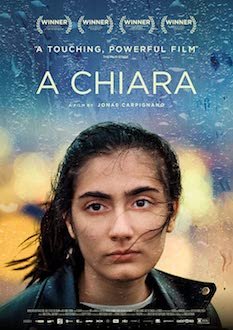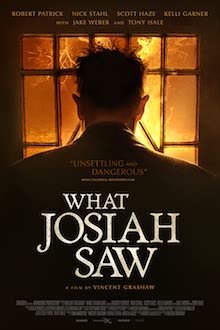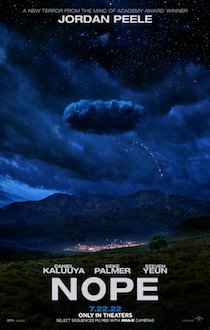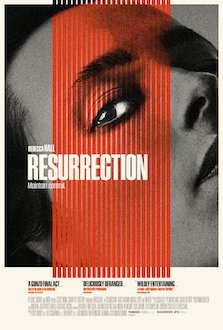Direction: Zach Cregger
Country: USA
This sort of trapped-in-a-house horror exercise starts off well, but derails during the second half. Barbarian creates an oppressive atmosphere and fair suspense, and would have been successful if it wasn’t for the script, which, even with social-commentary ambitions, is so weak that it can't shake that stench of imitation that clings to the whole thing.
The story follows Tess (Georgina Campbell), who, in anticipation of a job interview, drives to a dangerous Detroit neighborhood to spend the night in an airbnb she had booked the month before. To her surprise, the house has already an occupant, an apparently harmless young man called Keith (Bill Skarsgård). Even reluctantly, she accepts his suggestion to stay until the next morning - he on the couch, she in the bedroom. Soon, she realizes that Keith is not the real threat in the house but something that lives beyond a secret door in the basement.
Actor turned director Zach Cregger created a disembodied film, but not quite hollow, since it still displays a couple of visually attractive scenes. It just simply doesn’t achieve its ultimate ambition: to scare the viewer. Moreover, the inconsistencies in the story are blatant - too many coincidences, few explanations, and… why is nobody looking for these missing persons?
Between the comic and the monstrous, the final scenes are the best. But, again, everyone seems too cool in the face of evil, a relatively frustrating glimpse of what the whole film could have been.








































